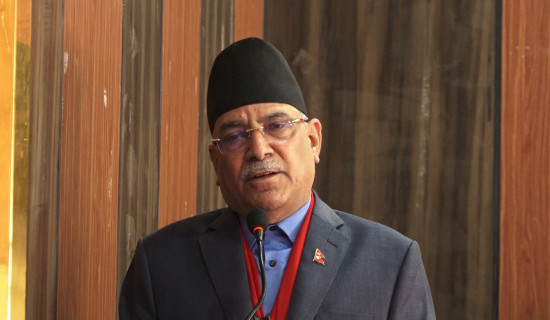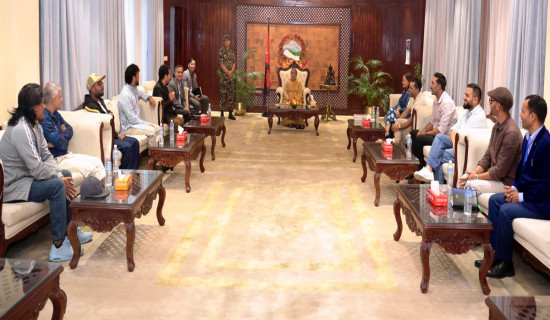- Thursday, 23 October 2025
Independent India Turns 76
Seventy-five years ago this day, at midnight on August 15, 1947, two centuries of British rule came to an end. Two years after World War II ended, India’s first Prime Minister Jawaharlal Nehru raised the national flag at New Delhi’s Red Fort at the precise stroke of midnight. Today, Narendra Modi gives continuity to seven and a half decades-old tradition of the head of government addressing the nation from the ramparts of the massive landmark built by the Muslim rulers in the 17th century.
The June 1947 event was an occasion to celebrate for the people who for long had been reduced to subjugation and exploitation by the “mother country”. The independence of the former British colony was, however, accompanied by its partitioning on the basis of religion, which also brought about Pakistan’s independence.
Sad aftereffects
The consequence was widespread riots and large-scale casualties running into as many as two million. At the same time, 15 to 20 million people were displaced. The horrific tragedy was to compound the bilateral relations between the two new states from the time of their birth to the third decade of the new millennium. India was among the first few colonies in Asia and Africa to gain independence from the United Kingdom. Britain’s war-time Prime Minister Winston Churchill, who lost the July 1945 general elections, fought tooth and nail against India’s independence. He prided in holding India as a colony a “Jewel in the British Crown”.
As the leader of the main opposition, Churchill railed against the move to set India free. He bitterly predicted at the House of Commons: “If independence is granted to India, power will go to the hands of rascals, rogues, freebooters; all Indian leaders will be of low calibre and men of straw.” Churchill could not keep himself abreast of the changing political, particularly after the lofty principles kept afloat during the WW II years when a lot was made of freedom and democracy. For that matter, promises by the then big powers had soared the desire for independence among populations in most colonies by the time World War I ended in 1918.
The Indian elites were ahead of most other colonies when it came to aspirations for shaking off the yoke of foreign rule. One of the manifestations in this respect was the founding of the Indian National Congress Party in 1885. When Mohandas Karamchand Gandhi threw his weight behind the Congress to spearhead his non-violent and non-cooperation movement, the organisation gathered momentum.
Churchill’s mishandling of the Bengal famine in 1943-44 wrought untold suffering to the people. Decisions to channelise resources from India to meet British war needs proved catastrophic. The “holocaust” is estimated to have registered three million people as having died of starvation. Churchill’s vain defence: “Indians breed like rabbits”. The Labour Party that won Britain’s first general elections in 1945, shortly after the war, installed Clement Attlee as the prime minister, who had realised that delaying the India’s independence would severely alienate the second largest population of a strategically very important region.
In February 1947, the British government announced that the groundwork for India’s independence would be completed by June 1948. The date thus scheduled was rather abrupt. But Mountbatten’s hasty decision to fix the August 15, 1947 deadline was even more arbitrary, given the stupendous complexities involved. The last British viceroy was in a tearing hurry to finish off the job. Nehru and his close associates were in no less hurry for the declaration of independence.
Unlike India, which agreed to have Mountbatten as governor-general for the transition period, Muhammad Ali Jinnah became Pakistan’s first governor-general. With his tuberculosis at an advanced stage, he had only a few months to live — a secret kept closely guarded by him and his personal medical doctor. Disclosure of this after Jinnah’s death barely 13 months later led to speculation and regrets among Indian leaders that, if the dying Muslim leader’s precise health conditions were known earlier, the independence proclamation could have been postponed, partition avoided and violence prevented.
Midnight is an unearthly hour for declaring a country’s independence. But Indian astrologers had convinced the leaders that the scheduled independence date was highly inauspicious. After tense and frantic discussions, a compromise was arrived at: the precise start of midnight. Proclaiming India’s independence, the country’s first Prime Minister Jawaharlal Nehru said: “At the stroke of the midnight hour, when the world sleeps, India will awake to life and freedom.”
New challenges
By the time the country adopted a new constitution and became a republic, Naga separatists called for boycotting celebrations of Independence Day in the northeast. Other separatist voices, including those in Kashmir, increased in the 1980s. Some insurgent outfits tried militant tactics in their bid to obstruct Independence Day celebrations. Fissiparous tendencies have cropped up every now and then but the Indian union has moved on. Churchill should be proved miserably wrong in his sinister dire warning: “They will fight among themselves for power and will be lost in political squabbles.”
India has paced the political course these past seven and a half decades. The challenge is to withstand the test of the times in meeting the basic needs of its 1.4 billion people at the earliest. Destined to overtake China as the world’s most-populous country in 15 months’ time, India and the Indian people have many more miles to march and accomplishments to record, as is the case with much of the contemporary world. A prosperous democracy would be good for its South Asian neighbours, too.
India’s pressing task is to drastically reduce poverty, forge yet better ties of understanding cooperation with its neighbours as well as major powers, and consolidate its desire to one day get aboard the United Nations Security Council as a permanent member. Taking due stock of its policies and strategies covering various fronts should offer concrete answers for the future course of action. Vision and statesmanship should steer India into its centenarian celebrations 25 years hence with dazzling series of scintillating successes.
(Professor Kharel specialises in political communication.)




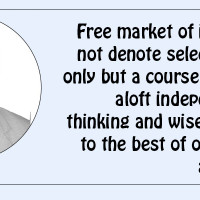

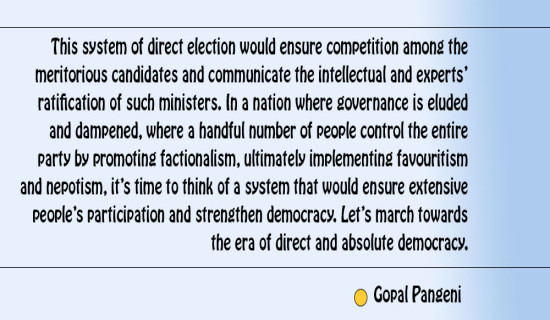


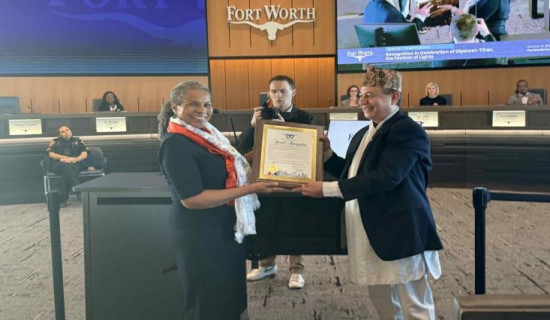
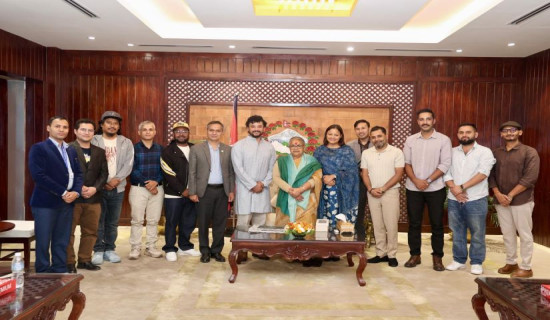
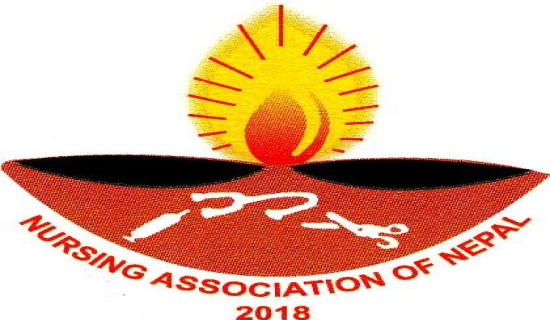
-original-thumb.jpg)
